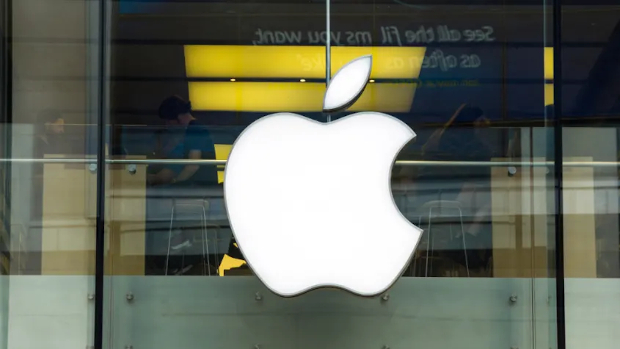
Ireland’s unwanted Apple tax bonanza demonstrates a worrying fragility
A lot of ink was spilled in the wake of the 2007-8 financial crisis, especially in and about the countries that endured meltdowns, and while I have no particular desire to revisit those dark days, the European Court of Justice’s (ECJ) decision to force Ireland to collect €13 billion in back taxes from Apple does rather ring a bell. Cast your mind back and you may remember that most frequent question was: is Ireland a tax haven?
Living in France, it isn’t even a question. As far as the French are concerned, Ireland is a ‘paradis fiscal’. Simple as that. And I have little reason to think different views hold sway in, say, Germany.
In Britain, too, Ireland is seen as a kind of pirate ship gobbling-up revenue that rightfully should go to London, rather than as a major centre for technology in Europe. Of course, this is in large part just cheap point scoring and fits well with the British bad habit of treating Ireland as an errant province. Nevertheless, it is at least instructive, telling us a little about how Ireland is viewed abroad: not just a tax haven, but a cut price one at that.
Whether or not Ireland actually is a tax haven is a matter of perspective. It seems unlikely that it would feel that way to anyone living there, unlike, say, Monaco. Or, for that matter, London if you are rich enough and have a smart accountant. Indeed, not every half-considered view of Ireland held overseas is accurate: the cost of living in Ireland shocks the French who experience it firsthand and, in my encounters at least, among those who haven’t experienced it, many simply don’t seem to believe what I have told them.
However, what is undeniable is that Ireland has built its fortunes on attracting foreign capital through a policy of low taxes on business, and this has been particularly successful with regard to the technology sector. Talk about being an English-speaking country, having an educated workforce and all the rest of it merely obscures this fact, and viewed from a certain angle the policy is perfectly rational: without low taxes Ireland would have struggled to develop due to its low population and the absence of the deeply embedded manufacturing industries of the likes of France, Germany and Italy.
Today, even with low taxes, the absurd cost of living and slow motion housing apocalypse mean the country may not be as attractive as once it was, but that is another story.
Still, there is a broader threat to the strategy that has successfully pushed a little island nation in the north Atlantic into the heart of both Europe and the global technology industry. While the end of globalisation is overstated, it is true that governments, not least among them the US, are pressuring businesses to bring jobs home – and to repatriate profits, therefore paying appropriate taxes.
In this context, the ECJ judgement is more than a slap on the wrist. While the €13 billion payment, unwanted as it was by the government, will doubtlessly help shore up the national coffers, the reputational damage to Ireland is real.
It would be easy to say Ireland should have pursued a different strategy, one that saw it build up more businesses that can compete in the global marketplace, and I do wish that was the case, but it is fanciful to imagine that such a small county could produce a series of world-beating companies. Given this, and the positive impact that the tech sector has had on the country, particularly in terms of jobs, the success of decades of government policy, at least in attracting investment if not in how the resultant tax collected was spent, is undeniable.
Nevertheless, right across much of the world, we are no longer living at a time during which cheap money fuels growth that is felt right across society, nor are we living at a time when gee-whiz technology drives positive feelings about the future.
The political reality today is one defined by precarity, both real and imagined, and this in turn informs both policy and investment decisions. Consequently, the last thing Ireland can afford today is to be seen as a place where the authorities are willing to cook up sweetheart deals for Big Tech or anyone else.




Subscribers 0
Fans 0
Followers 0
Followers